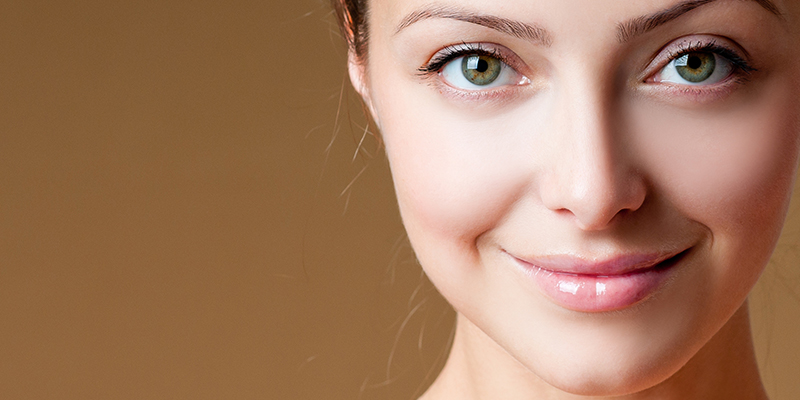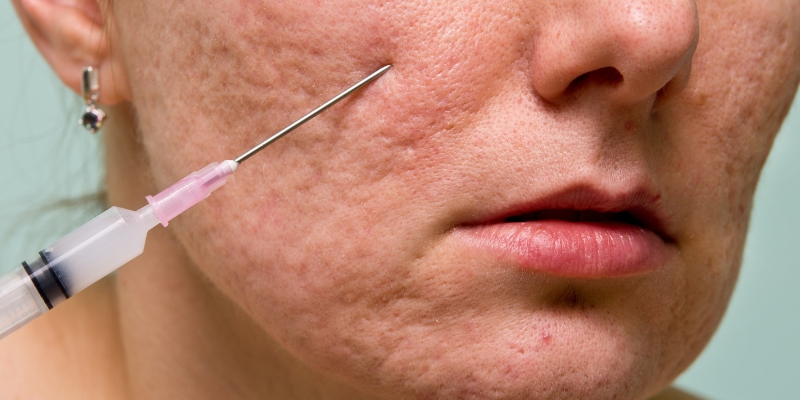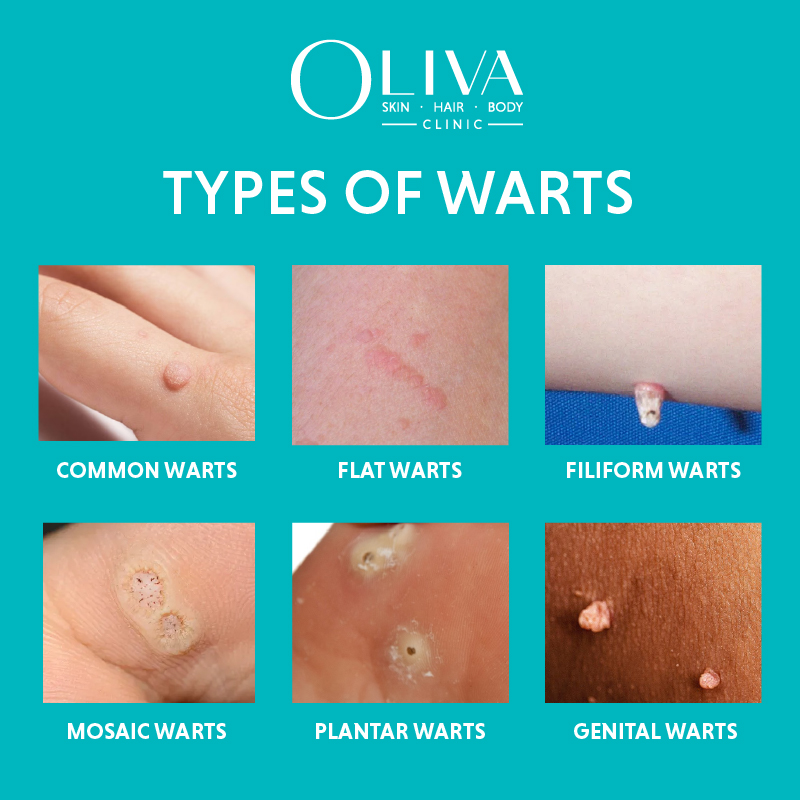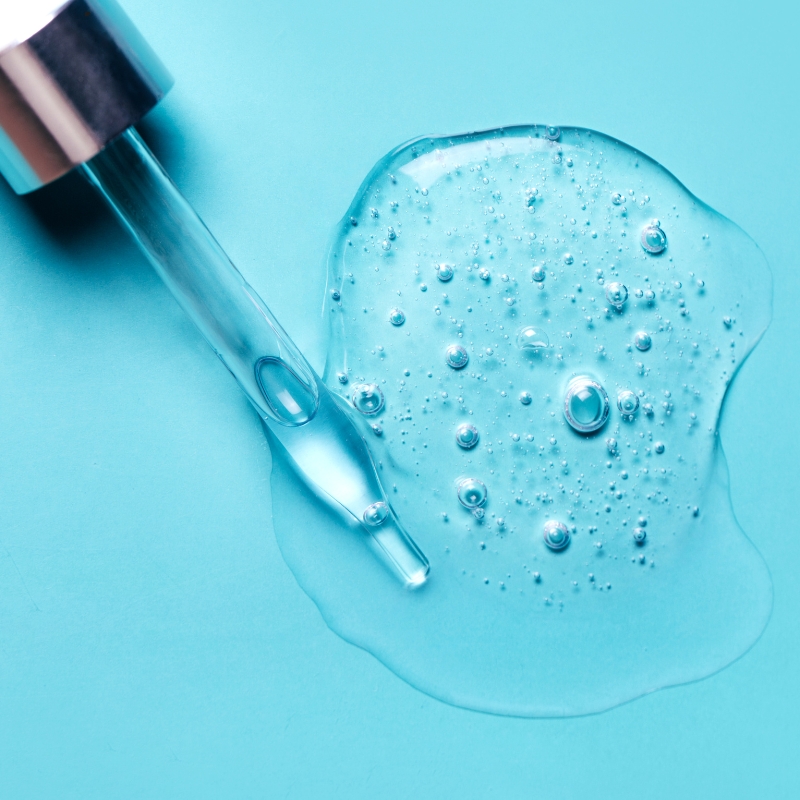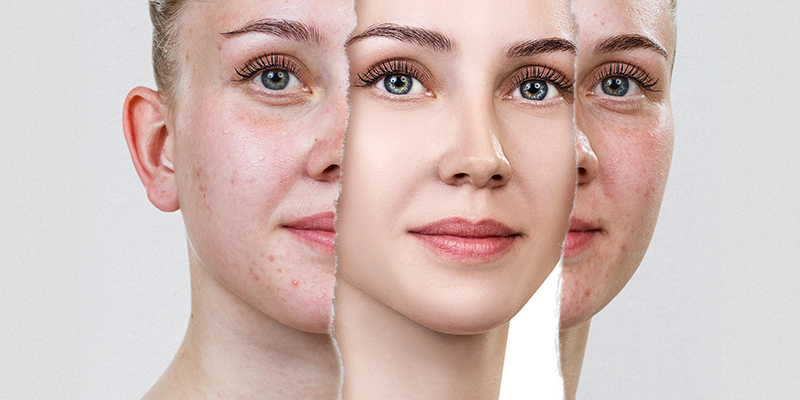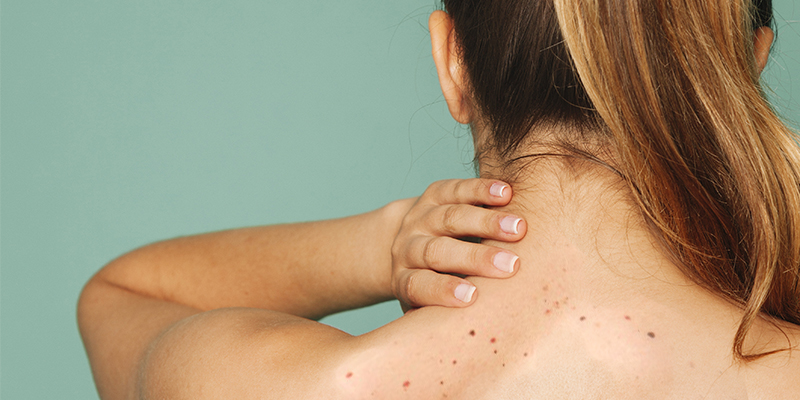Is Hyaluronic Acid Good For Your Skin?
Our search for the best skin care product or the ideal skin care routine is never-ending and with the beauty market being flooded with new products every day, the search elaborates further! Not only is this search agonizing and time consuming, but the constant testing of new products is harmful for our skin. A little research can go a long way. This post is a complete guide for Hyaluronic Acid.
What Is Hyaluronic Acid?
Hyaluronic acid differs from the more commonly heard chemicals for skin that include salicylic or glycolic acid. Unlike these acids, hyaluronic acid is a naturally produced substance in our body. It is a clear and lubricating substance which is found in high quantities in our skin. It is also present in our eye tissues, joints, nerves, hair and other tissues. It has a proactive stabilizing and shock absorbing role in the skin.
What Products Contain Hyaluronic Acid?
Hyaluronic acid can help increase skin moisture and reduce the appearance of fine lines and wrinkles. This substance is available in a multitude of skincare products such as creams, serums, gels, lotions, and injections etc. Other than topical applications, hyaluronic acid supplements are also available in India.
Is Hyaluronic Acid Good For Your Skin?
This acid acts as a cementing substance in our skin which in turn helps in maintaining the skin’s elasticity and firmness. Below are some of the benefits of using hyaluronic acid –
- Hyaluronic acid is a humectant; therefore, it helps in retaining moisture in the skin.
- It promotes proper moisture balance in the skin, thus preventing the over-production of oil that clogs pores and causes breakouts.
- By applying hyaluronic acid, the moisture content acts as a filler and smoothens out the wrinkles.
- Regular application of this can minimize the pores on the face.
- By keeping the skin hydrated, it helps to keep the skin toned and firm, ensuring that it does not sag.
- It acts as a barrier for your skin against external factors such as the environment, weather, etc.
- Hyaluronic acid is effective in treating cold sores, sunburns, ulcers, mouth sores, bites, burns, wounds, etc.
- The hyaluronic acid gel can be used to prevent the bleeding or cracking of lips.
- It smoothens the texture of the skin and promotes skin regeneration.
- Hyaluronic acid also helps reduce and prevent age spots, pigmentation and skin tone issues.
Why Do You Need Hyaluronic Acid?
Hyaluronic acid is a widely used ingredient in many skin care products. As we age, the production rate of this acid declines which is why dermatologists encourage people to use alternative methods such as creams, lotions, etc.
How To Use Hyaluronic Acid?
- For quick results, your dermatologist might suggest opting for hyaluronic acid injections. Hyaluronic acid injections can be used on your skin, lips, etc. However, these can only be injected by experienced dermatologists. The effect usually lasts for about nine months to two years.
- This acid can be found in various skin care products such as creams, lotions, and serums, in several concentrations.
- As a serum, it is advisable to apply it on the damp or wet skin as this will help in trapping more water.
- Choose cosmetic products with hyaluronic acid as they help in keeping your skin moisturised which can be a problem for some skin types and conventional makeup.
Must Read: How Much Do Dermal Filler Injection Cost In India?
What Are The Known Side Effects?
- While it is an uncommon side effect, some people may experience rashes, blisters, discolouration, swelling of the skin, soreness, etc. after the application of hyaluronic acid, resulting in itchiness or a cold burning sensation, that too if they are allergic to hyaluronic acid
- Some temporary side effects include discomfort, muscle pain and swelling of the treated body part.
- Allergic reactions to hyaluronic acid manifest through the swelling of the face and throat, difficulty in breathing, chest pain, increase in heart rate, dizziness, headache, sleepiness, etc. Those who are allergic to feathers or eggs should not use hyaluronic acid as it can lead to bleeding.
- Pregnant women and lactating mothers should strictly avoid using hyaluronic acid in any form. As there are no studies to prove safety
Common Questions:
- Where Can I Get Hyaluronic Acid?
Since a lot of cosmetic as well as skin care products now contain hyaluronic acid, you can easily procure a form of it at any health store. For hyaluronic acid injections, you will have to consult a dermatologist. - How Long Do Hyaluronic Acid Fillers Last?
Ideally, a hyaluronic acid filler will last for a period of nine months to two years after which they will gradually get absorbed by the body. - How Much Does Hyaluronic Acid Fillers Cost?
Hyaluronic acid fillers cost around Rs. 12,000 for temporary filler and around Rs. 27,000 for semi-permanent filler. But these are just suggestive of an average, taken from a selected skin clinics, the actual price may vary based on a number of factors. - Is Hyaluronic Acid Good For Acne?
Yes, though it does not directly help in getting rid of acne, it is helpful in avoiding the skin from drying up by keeping it hydrated. - What Are Some Other Uses Of Hyaluronic Acid?
1. The injected hyaluronic acid can fill in fine lines and wrinkles present on the skin.
2. Improves contours.
3. Reduces the appearance of scars.


